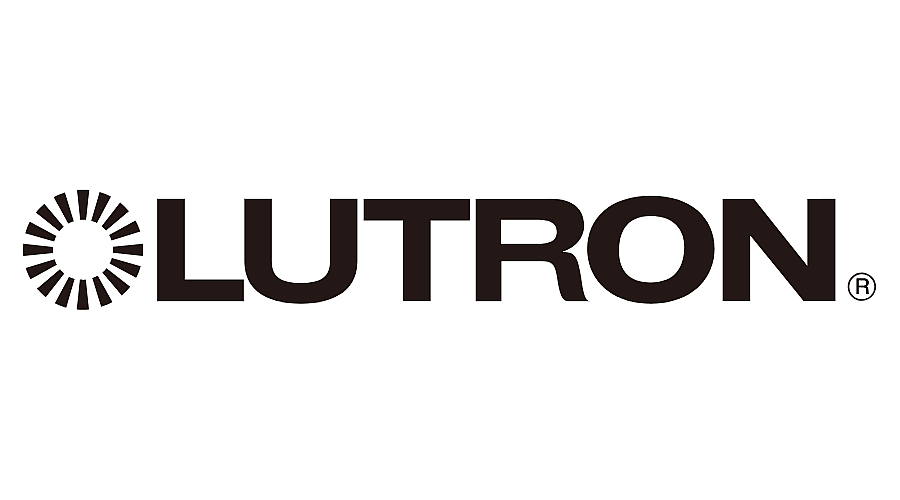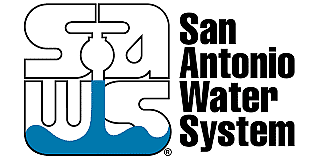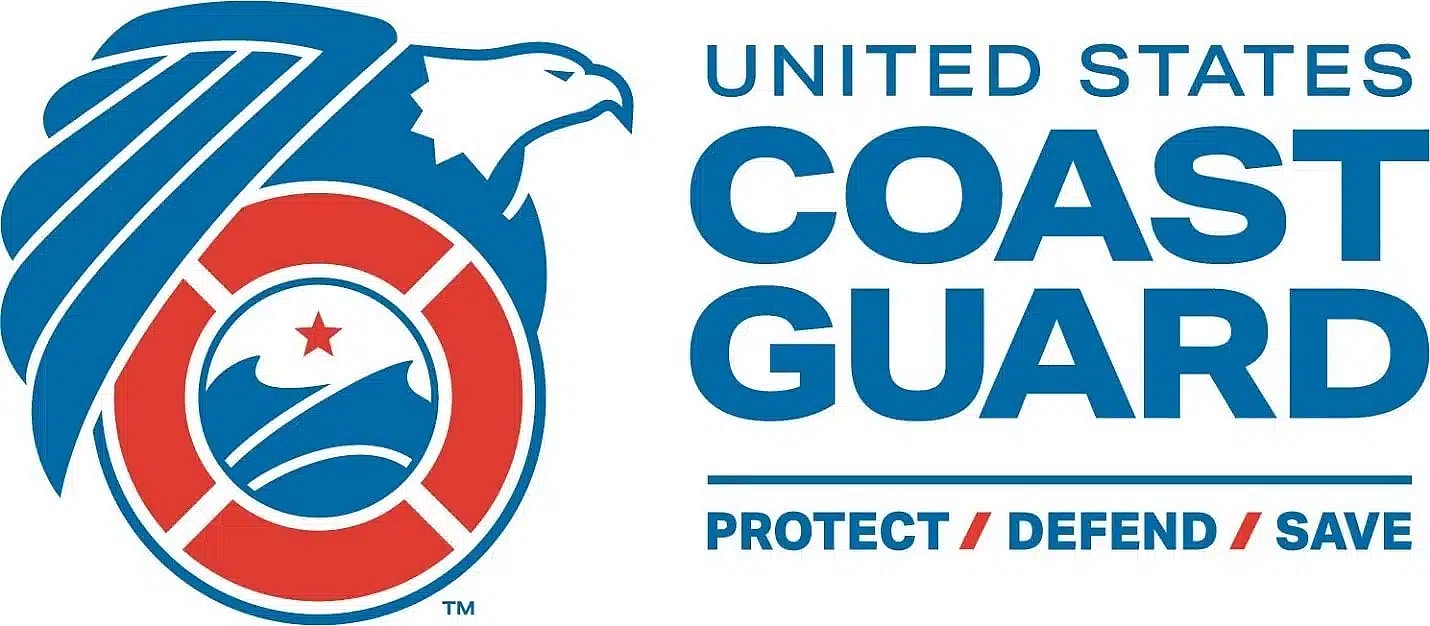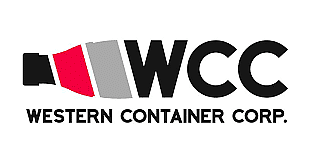4 Cathodic Protection Testing Methodologies
Corrosion on a pipeline is an electrochemical reaction between the metal of the pipes and an electrolytic material, usually soil. Cathodic protection is designed to prevent that reaction from occurring to maintain the integrity of the pipeline.
However, cathodic protection systems must be checked regularly using a variety of testing methodologies to ensure they are still protecting the pipelines. Learn more about common testing methods used by specialists to keep your pipeline clean and functional.
Rectifier Outputs
Impressed current cathodic protection (ICCP) systems use rectifiers to convert alternating current (AC) to direct current (DC) in order to prevent corrosion. When a cathodic protection specialist arrives to test your system, they will use a voltmeter to measure the output on those rectifiers. If the output needs adjusting to optimize cathodic protection, the specialist can perform adjustments with fine or coarse tap settings.
Close Interval Potential Survey (CIPS)
If there are parts of your pipeline that are not adequately protected, the CIPS mode of testing will locate those areas. The tester places reference electrodes at five-foot intervals along the pipeline; meanwhile, each rectifier’s output is synchronized to cycle between its on and off settings. The testing specialist measures pipe-to-soil corrosion potential at each interval using a high-impedance voltmeter.
Galvanic Anode Current Output
To get a reading on the status of the anode, cathodic protection testing experts use a voltmeter to measure the anode’s open circuit potential. As the anode is consumed over time, its open circuit potential will shift in a positive direction.
AC Interference Survey
Is your pipeline located close to a high-voltage AC power line? If so, you’ll need to have your pipeline’s CP system periodically tested to ensure that the alternating current isn’t contributing to corrosion or safety concerns. Testing experts use a high-impedance voltmeter in conjunction with a copper sulfate half-cell for reference; should their readings indicate AC interference, they can recommend proper mitigation equipment.
In order to keep your pipeline’s cathodic protection system in top working condition, have it fully tested at least once a year. If rectifiers are present along your pipeline, have them tested on a bi-monthly basis by cathodic protection experts who use proper testing methodologies. The knowledge you gain from these tests can help you optimize your CP system and keep your pipeline safe from corrosion.












































